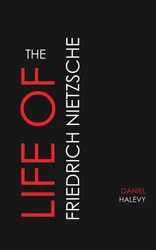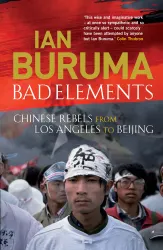From ancient Pharaohs to 21st Century water wars, papyrus is a unique plant that is now the fastest growing plant species on earth. It produces its own “soil”—a peaty, matrix that floats on water—and inspired the fluted columns of the ancient Greeks. In ancient Egypt, the papyrus bounty from the Nile delta provided not just paper for record keeping—instrumental to the development of civilization—but food, fuel and boats. Disastrous weather in the 6th Century caused famines and plagues that almost to wipe out civilization in the west, but it was papyrus to the rescue. Today, it is not just a curious relic of our ancient past, but a rescuing force for modern ecological and societal blight. In an ironic twist, Egypt is faced with enormous pollution loads that forces them to import food supplies, and yet papyrus is one of the most effective and efficient natural pollution filters known to man. Papyrus was the key in stemming the devastation to the Sea of Galilee and Jordan River from raging peat fires (that last for years), and the papyrus laden shores of Lake Victoria—which provides water to more than 30 million people—will be crucial as the global drying of the climate continues.

The Great Fire
Shirley Hazzard
audiobook
Examined Lives : Twelve Great Thinkers and the Search for Wisdom, from Socrates to Nietzsche
James Miller
book
The Rise of the Russian Empire
Saki, H. H. Munro
book
American Dementia
Peter J. Whitehouse, Daniel R. George
audiobook
Citizenship
Peter J. Spiro
audiobook
Simply Napoleon
J. David Markham, Matthew Zarzeczny
book
The Life of Friedrich Nietzsche
Daniel Halevy
book
The Virginia Woolf Collection
Virginia Woolf
book
The Collected Works of Arthur Schopenhauer
Arthur Schopenhauer, Friedrich Wilhelm Nietzsche
book
De tuin in Biak : verhalen
Ad ten Bosch
book
Verzameld werk
Menno ter Braak
book
Bad Elements : Chinese Rebels from Los Angeles to Beijing
Ian Buruma
book


